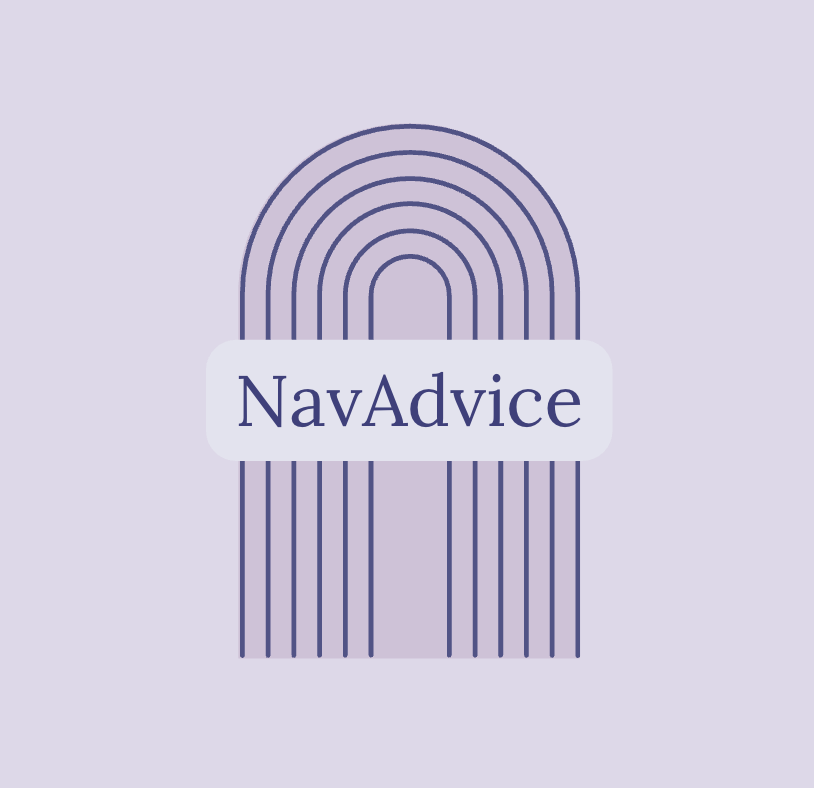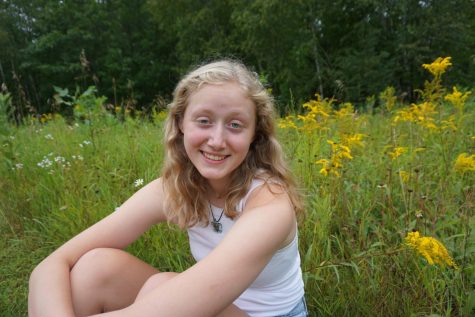NavAdvice: College
April 12, 2022
Junior year can be a rough one when it comes to planning for our futures. One of the paths that a lot of high schoolers take is the college path. Planning for college can be an extremely stressful experience for a lot of highschoolers, and more often than not it can feel hard to get the advice that only someone who has gone through it would know.
To help ease the anxiety of students considering college and to get the best advice there is, I asked all of my college aged friends, family, and people I want to be friends with to bring the Southwest Navigator readers all they need. Hence the Southwest Navigator College Advice Column:
“My first advice is simple: Don’t be afraid to ask questions and get to know your professors and TAs! We want to know if anything is unclear and we want to help you make the most out of your courses and your college experience. You can visit a professor during their weekly office hours, make an appointment, or just say hello before or after class. I love meeting with students! I try to answer questions and offer feedback. I can also point students to university resources like scholarship opportunities, study abroad programs, tutoring help, advising, mental health resources, financial aid, and extracurricular activities. If I don’t know the answer, I’ll work hard to find someone who does. My second piece of advice is to major in something that you’re really interested in – even if the career path is not very clear. College is the time to ask questions and explore the wide range of possibilities before you. Take the time to study many different things and choose the one that fascinates you the most. Many colleges and universities also allow students to create their own majors. My third piece of advice is to supplement your academics with volunteering, interning, or work experience so that you can start applying your learning to possible careers. When you graduate, you will hopefully have a balance of both school and experience that will help you identify where and how you’ll start the next phase of life.” – Dr. Erika Lee, Professor of History and Asian American Studies at the University of Minnesota
“More than anything you are a person first and a student second, college is so much more than academics. It’s about learning about how to take care of yourself, stay true to your values, and build a community. Be open to the way you can change and challenge yourself, honor who you are and what you need/want during that time. The future will fall into place.” – Daniela Kunkel-Linares, a new political science graduate from the University of Minnesota
“When I started applying to colleges, I knew I wanted to get all of my applications in early so I wouldn’t be completely overwhelmed with college applications, school, and sports. I applied Early Action to all my schools, which means my essays, resume, activity list, and teacher recommendations were turned in by November 1st. This took a huge amount of stress off my shoulders as the school year continued. One thing I did was create my Common App account at the end of my junior year/beginning of summer. In my free time, I would start filling out my profile. Even though it is basic information, it takes time, and doing it early was extremely beneficial. I was able to thoroughly think through all of my activities, volunteer hours, and started planning out my college essay. Doing these small tasks early was such a big time saver. Colleges often have additional essays you have to write when applying. Having your main college essay done is so helpful because it is one less writing piece to write and edit. Applying to schools as well as staying on top of schoolwork is challenging, but if you dedicate yourself to getting on top of things, you will feel less stressed and happier about the quality of work you are turning into colleges. When asking teachers for letters of recommendations, they are often busy with lesson planning, students, and their own lives. It is important to ask early, and give your teachers plenty of time to write your letter of recommendation. I suggest asking your teacher at the end of your junior year, so they can start an outline for your letter. Asking earlier is always better. It gives the teacher time to plan out their schedule because they will have other letters to write as well. So basically early is always better! If you don’t get all your materials in by that Early Action date, that is totally okay because then you fall into the regular decision group. That can give you a few extra months to finish up and submit all your materials. When it comes down to choosing a college, it can be extremely stressful. When choosing, it’s important to think about the location and distance from home, cost, extracurricular activities, campus life/vibe, and your major. These were all factors that helped me determine where I was going to college.” – Anya London, Senior at Southwest committed to Marquette University
“Looking back at it now, I can honestly say that anyone who says they know what they’re doing at that age is lying to you. I ended up taking a gap year after realizing I was letting too much around me affect my perception of myself. Throughout my year away from organized education, I worked a variety of jobs, including tutoring, waiting tables, and running the counter at a local ice cream shop. I didn’t know what I wanted to do looking forward, only exacerbated by seeing my friends having exciting new experiences at various colleges across the country. I don’t want to sugarcoat anything about it, I was miserable, and a lot of that had to do with a strict lack of options. But I don’t regret any of it. I realized throughout that year that sometimes, the best way to find out what you really want to do is spend as much time as possible doing what you absolutely can’t stand. Looking at where I am now, I feel very confident in the path I’m taking, and really enjoy where I’m at. Regardless, a lot of you may feel ready to move forward, and that’s an exciting feeling! But to those of you who are like me and have no idea, take a breath.What I find most important is that you keep moving. If that means taking a gap year, going off to college, or not going to college at all. If you commit, the worst that can happen is realizing it wasn’t meant for you, and even then you’re equipped with new experiences and skills to try something new. No matter what, you will always be okay. Stay true to what feels right for you. Best of luck!”- Cole Pivec, Freshman, Psychology Major, Minoring in Music Performance and Integrative Neuroscience at the University of Minnesota
“It’s really important to remember that whatever happens does not define your success and you will be able to create a good story anywhere! When finding a college do a lot of different types of research! So asking people, going to campuses, looking at YouTube videos, and finding the culture you can do best in. Also, college is great because of how customizable and personable you can make it in terms of classes and clubs. ” – Alana Murphy, Sophomore, Green Architecture major at the University of Oregon
I think one of the biggest pieces of advice I have would be to not be as worried about prestige or how “good” you think a school is because while I think this is something a lot of high schoolers stress about there are countless places where you will get an incredible education and ultimately your experience will be whatever you make it and will be much more dependent on your fit with the culture and atmosphere (and I would encourage everyone to step outside of their comfort zone – college is such a great opportunity to experience new places/things, especially because everyone around you is experiencing new things too!) – Gwen Lindberg, Freshman, Environmental Science and Math major at the University of Puget Sound





maddie • Apr 13, 2022 at 9:58 am
i love this!! soo helpful, my college anxiety = cured